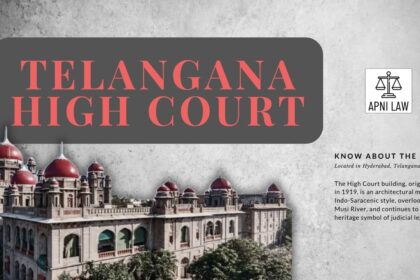CrPC Section 450: Levy of Amount Due on Recognizances
This section outlines the procedure for recovering amounts due from individuals who have failed to fulfill the conditions of their recognizances under the Code of Criminal Procedure (CrPC).
1. Code:
Section 450 of the Code of Criminal Procedure, 1973
2. Explanation:
When a person enters into a recognizance, they agree to abide by certain conditions, usually related to their appearance in court or maintaining good behavior. If they fail to fulfill these conditions, the amount specified in the recognizance becomes payable to the government.
This section provides the procedure for the Magistrate to:
- Issue a warrant to the person who failed to comply with the recognizance, demanding payment of the amount due.
- Attach the person’s property if they fail to pay the amount.
- Sell the attached property to recover the amount due.
The Magistrate can also take other actions such as issuing a warrant for their arrest or imprisoning them if necessary.
3. Illustration:
Suppose A is released on bail on the condition that they appear in court on a specific date. A fails to appear, and their recognizance amount is ₹10,000. The Magistrate can issue a warrant to A demanding payment of the ₹10,000. If A fails to pay, the Magistrate can attach their property and sell it to recover the amount due.
4. Common Questions and Answers:
Q: What happens if the person cannot afford to pay the amount due?
A: The Magistrate has the discretion to reduce or waive the amount if the person is unable to pay due to genuine hardship. They can also consider alternative forms of punishment, such as imprisonment, depending on the circumstances of the case.
Q: Can the Magistrate recover the amount from a guarantor?
A: Yes, if the recognizance was provided with a guarantor, the Magistrate can also recover the amount due from the guarantor.
Q: What are the timelines for the recovery process?
A: There are no specific timelines outlined in the section. The process is usually initiated promptly after the person fails to fulfill the recognizance conditions, but the duration of the recovery process can vary depending on the complexity of the case and the cooperation of the involved parties.






